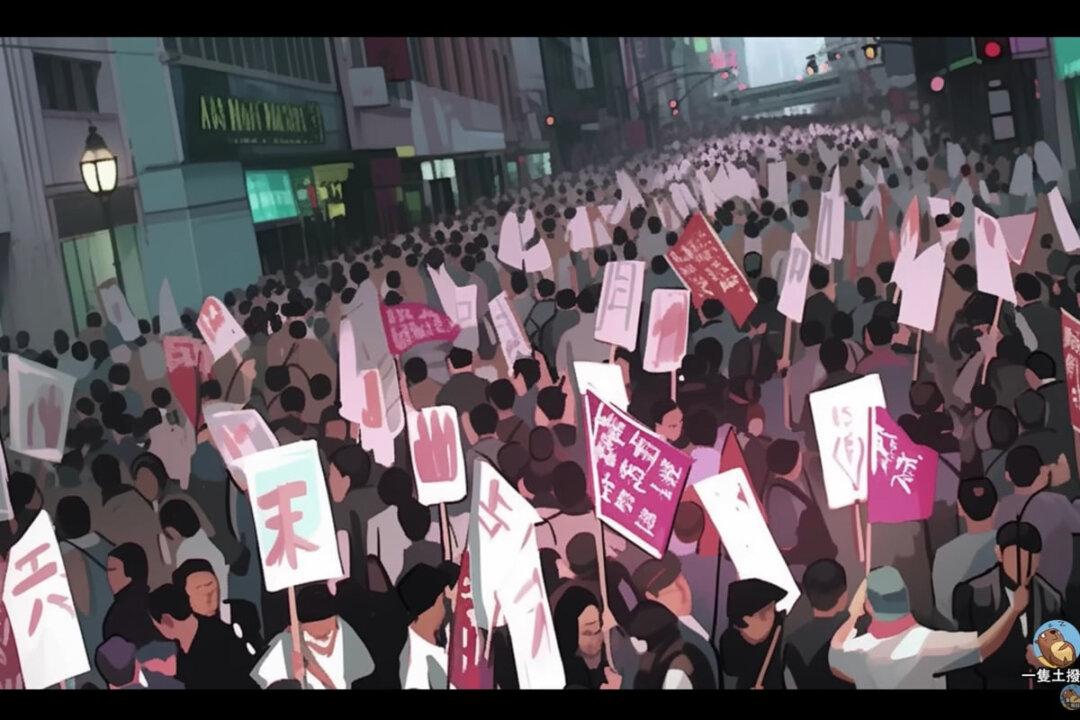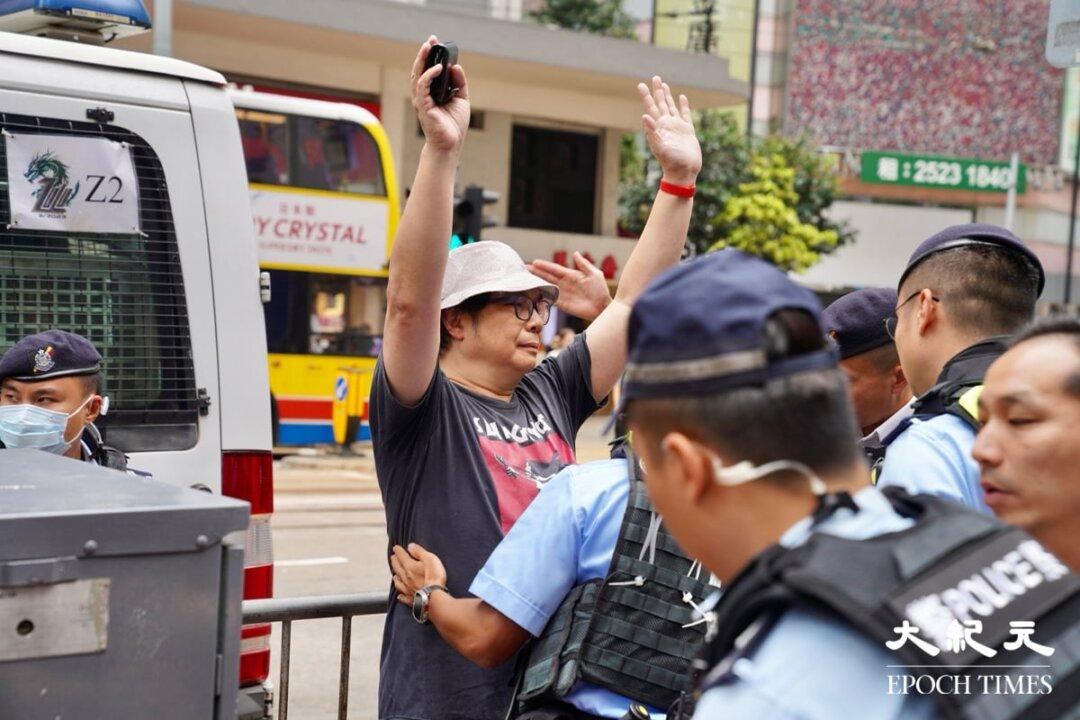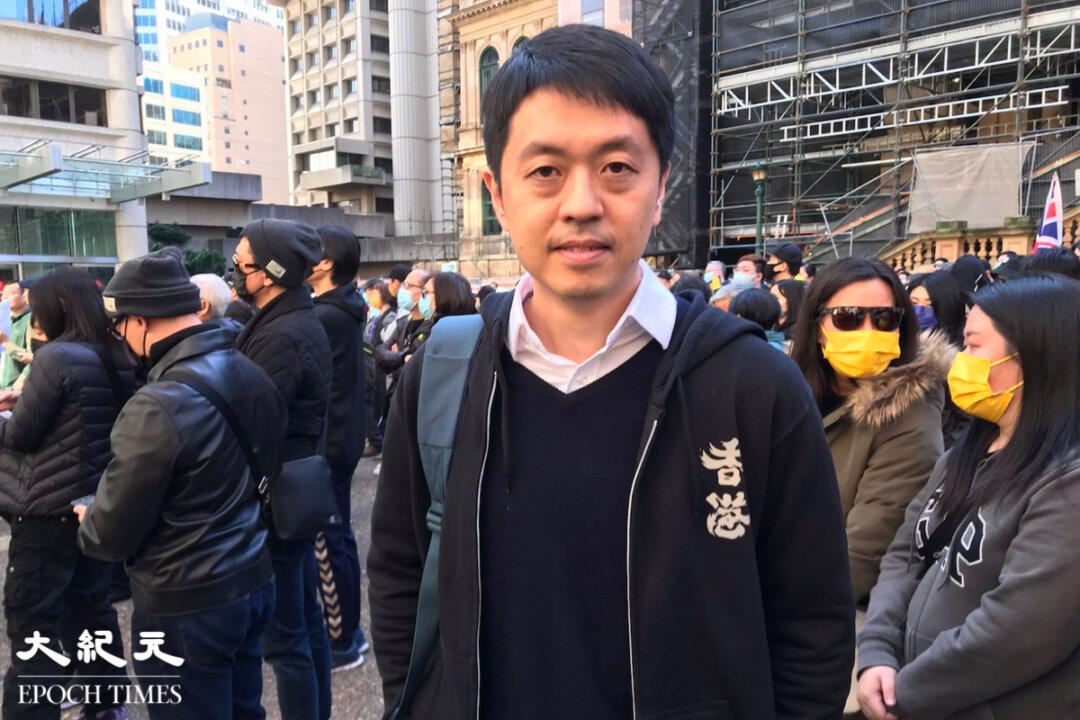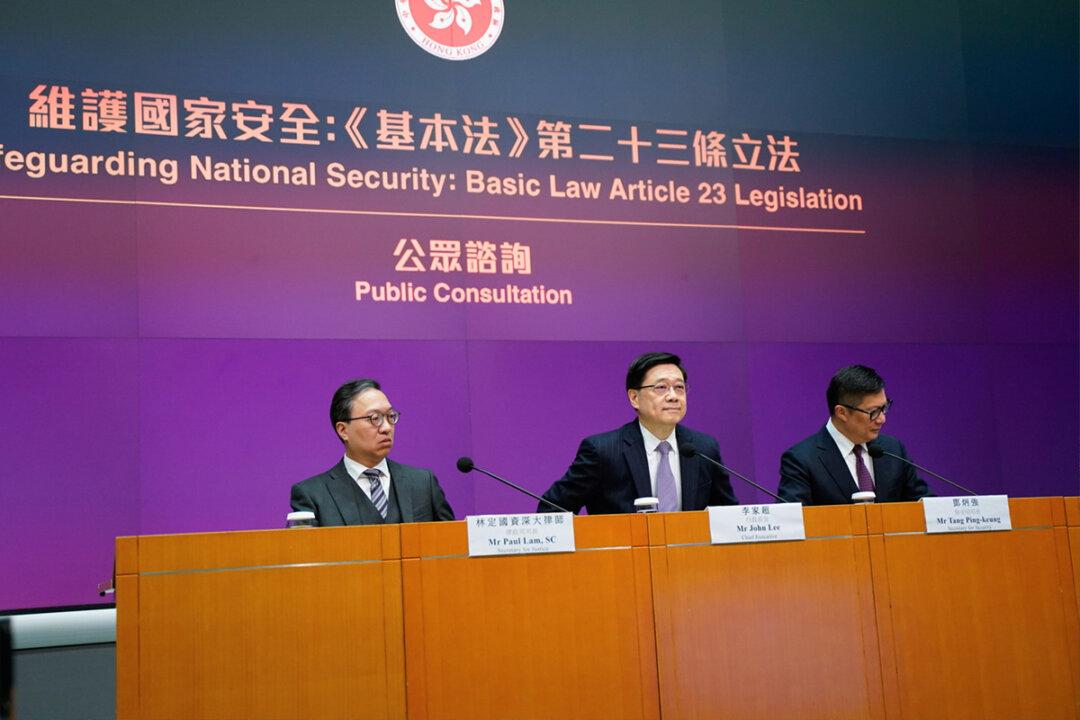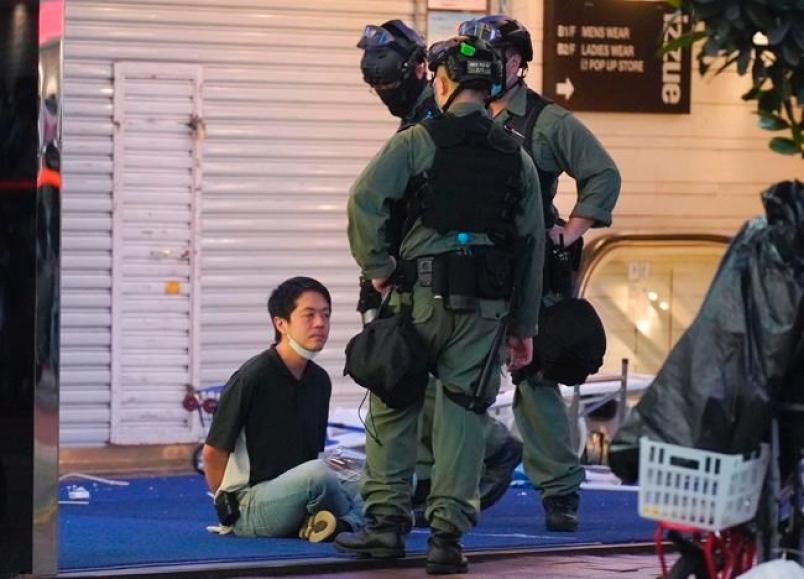The YouTube channel “A Groundhog MrMarmot,” known for satirizing the Chinese Communist Party (CCP) and mainland Chinese society, has released a new video that propels us into the specter of a dystopian future. The short, animated video titled “Cyber Rebels 2077|Chinese Social Credit System in 2077” begins by showing a news update covering the “Final Encirclement and Besiege” of the United States by the “World Government” forces, which hope to “liberate people worldwide.”
The video draws on the traits of a government that deploys an extensive range of surveillance and facial recognition systems, which insists on forcing “confessions” out of political prisoners and engages in the widespread use of online censorship to ban political keywords. Because the video recreates violent scenes that were initiated by government forces during the 2019 anti-extradition movement in Hong Kong, the creator states that this work is for his friends in Hong Kong.
